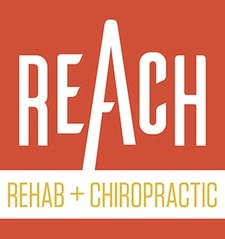Happy Belated Festivus (for the rest of us)!
I hope you and your family spent quality time airing grievances, completing “feats of strength,” enjoying Festivus dinner, and admiring the unadorned aluminum pole in direct contrast to standard holiday materialism. If you have no idea what I’m talking about and are curious enough to click here, then click here — bet you won’t do it!
In all seriousness, I hope you had a Merry/Happy ChristmaHannuKwanzakah and Happy New Year!
I know, you feel sluggish, slow, bloated, soft, or maybe even downright disgusting post-holiday stuffing of your face — we all do it. Furthermore, you’re probably contributing to “busy season” at your local gym, counting calories, and never going to eat another confectionary substance EVER AGAIN. Sure.
I love the New Year motivation; however, how long does that last? Data says about 4-6 weeks, then back to how we’ve always done it! Maybe we need a new plan.
The best advice I can ever give for weight loss is focus on diet and nutrition — 80-90% of the equation — and eat REAL food. Counting calories and carbs is a common approach. I would say, “don’t waste your time.” To see what I’m talking about, I highly encourage you to read this article. 10 minutes of education could lead to pounds off the waistline.
CliffsNotes version:
– the bulk of the evidence suggests that the quality of food matters a lot more than the quantity of macronutrients.
– The type of carbohydrates in processed foods may be contributing to our epidemic of modern chronic disease.
– Obese humans have issues of leptin resistance (a satiation hormone) based upon a poor quality of food intake, not necessarily amount.
– Populations that eat more ancestral diets have similar macronutrient compositions (fat/pro/carb) to a Western diet, yet they have a virtual absence of Western-type diseases.
– In general, the absence of grains and refined carbohydrates in hunter–gatherer populations results in incredibly low incidences of Western diseases like obesity and metabolic syndrome.
– removing grains altogether and adopting a Paleolithic diet improves health across the board.
– no pharmaceutical or food manufacturer serves to profit from a study that finds that real food prevents disease!
– Not all carbohydrates are created equal.
– Summary: Eat real food.
To the weekend,


